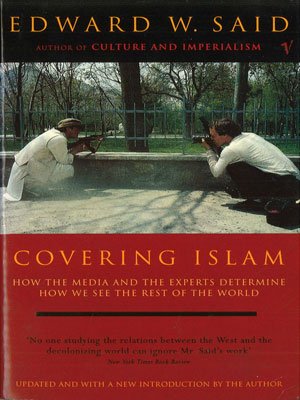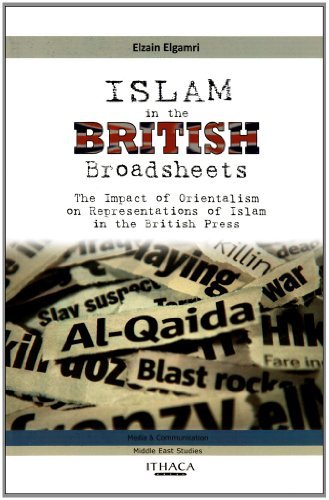'The Washington Connection and Third World Fascism' By Edward Herman and Noam Chomsky (1979)
The Semantics of Terror
Among the many symbols used to frighten and manipulate the populace of the democratic states, few have been more important than 'terror' and terrorism'. These terms have generally been confined to the use of violence by individuals and marginalised groups. Official violence, which is far more extensive in both scale and destructiveness, is placed in a different category altogether. This usage has nothing to do with justice, causal sequence, or numbers abused. Whatever the actual sequence of cause and effect, official violence is described as responsive or provoked ('retaliation,' 'protective reaction,' etc.), not as the active and initiating source of abuse. Similarly, the massive long-term violence inherent in the oppressive social structures that US power has supported or imposed is typically disregarded. The numbers tormented and killed by official violence - wholesale as opposed to retail terror - during recent decades have exceeded those of unofficial terrorists by a factor running into the thousands. But this is not 'terror,' although one terminological exception may be noted: while Argentinian 'security forces' only retaliate and engage in 'police action,' violence carried out by unfriendly states (Cuba, Cambodia) may be designated 'terroristic'. The question of proper usage is settled not merely by the official or unofficial status of the perpetrators of violence but also by their political affiliations.
These terminological devices serve important important functions. They help to justify the far more extensive violence of (friendly) state authorities by interpreting them as 'reactive,' and they implicitly sanction the suppression of information on the methods and scale of official violence by removing it from the category of 'terrorism'. Thus in Latin America, 'Left-wing terrorism is quiescent after a decade and a half of turmoil,' the New York Times explains in a summary article on the state of terrorism; it does not discuss any other kind of violence in Latin America - CIA, Argentinian and Brazilian death squads, DINA etc. Their actions are excluded by definition, nothing is said about the nature and causes of the 'turmoil' Thus the language is well-designed for apologetics for wholesale terror.
This language is also useful in its connotation of irrational evil, which can be exterminated with no questions asked. The criminally insane have no just grievances that we need to trouble to comprehend. On the current scene, for example, the New York Times refers to the 'cold blooded and mysterious' Carlos; the South African government, on the other hand, whose single raid on the Nambian refugee camp of Kassinga on May 4, 1978 wiped out a far larger total (more than 600) than the combined victims of Carlos, the Baader-Meinhof gang, and the Italian Red Brigades, is not referred to in such invidious terms. Retail terror is 'the crime of our times' in the current picture of reality conveyed by the media; and friendly governments are portrayed as the reassuring protectors of the public, striving courageously to cope with 'terror'.
The Limited concept of 'terror' also serves as a lightning rod to distract attention from substantive issues, and helps to create a sensibility and frame of mind that allows greater freedom of action by the state. During the Vietnam War, students were the terrorists, and the government and mass media devoted great attention (and much outrage) to their frightful depredations (one person killed, many windows broken). The device was used effectively to discredit the antiwar movement as violence prone and destructive - the motive, of course, for the infiltration of the movement by government provocateurs - and it helped to divert attention from the official violence that was far more extensive even on the home front, not to speak of Vietnam, The Dominican Republic, and elsewhere. The ploy was amazingly successful in light of the facts, now documented beyond serious question, even though it did not succeed in destroying the anti-war movement. The terrorism of the Vietnamese enemy was also used effectively in mobilising public opinion, again a tremendous testimonial to the power of brainwashing under freedom, given the real facts of the matter.



